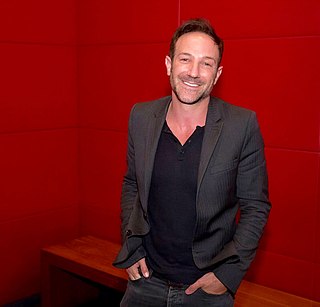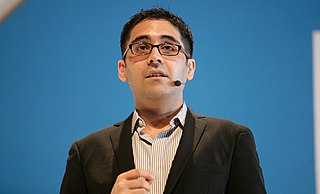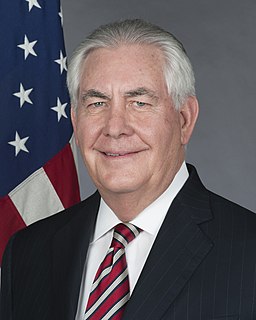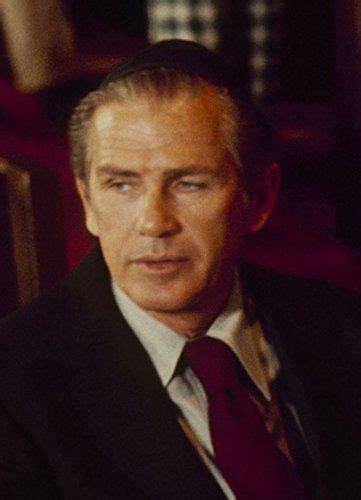A Quote by Kumi Naidoo
The Social License is fundamentally about accountability to people and not just powerful interests. John Morrison’s book reminds all organizations – governments, business and civil society – to focus on the legitimacy of their own actions.
Related Quotes
What we're seeing is an era where governments and huge organizations such as the IOC don't have accountability. They don't have accountability to the athletes they are supposed to be protecting and they don't have accountability to the truth. What we've seen out of Russia is a continual denial, no matter what has been presented. They are still blaming Grigory Rodchenkov as an individual who did this all on his own.
The social [media channel] isn't about beauty contests and popularity contests. They're a distortion, a caricature of the real thing. It's about trust, connection, and community. That's what there's too little of in today's mediascape, despite all the hoopla surrounding social tools. The promise of the Internet wasn't merely to inflate relationships, without adding depth, resonance, and meaning. It was to fundamentally rewire people, communities, civil society, business, and the state — through thicker, stronger, more meaningful relationships. That's where the future of media lies.
Order derived through submission and maintained by terror is not much of a safe guaranty; yet that is the only "order" that governments have ever maintained. True social harmony grows naturally out of solidarity of interests. In a society where those who always work never have anything, while those who never work enjoy everything, solidarity of interests is non-existent; hence social harmony is but a myth.... Thus the entire arsenal of governments - laws, police, soldiers, the courts, legislatures, prisons - is strenuously engaged in "harmonizing" the most antagonistic elements in society.
As to the origin of civil Societies or Governments; the Author of our Being, has given Man a Nature to be fitted for, and disposed to Society. It was not good for Man at first to be alone; his nature is social, having various Affections, Propensities and Passions, which respect Society, and cannot be indulged without a social Intercourse.
[T]here are, at bottom, basically two ways to order social affairs, Coercively, through the mechanisms of the state - what we can call political society. And voluntarily, through the private interaction of individuals and associations - what we can call civil society. ... In a civil society, you make the decision. In a political society, someone else does. ... Civil society is based on reason, eloquence, and persuasion, which is to say voluntarism. Political society, on the other hand, is based on force.
Each of us has interests which conflict the interests of everybody else... 'everybody else' we call 'society'. It's a powerful opponent and it always wins. Oh, here and there an individual prevails for a while and gets what he wants. Sometimes he storms the culture of a society and changes it to his own advantage. But society wins in the long run, for it has the advantage of numbers and of age.
































